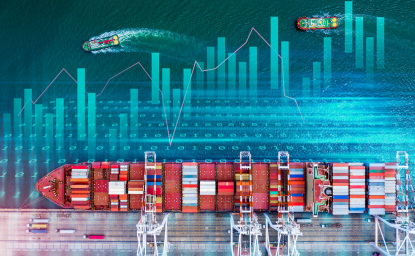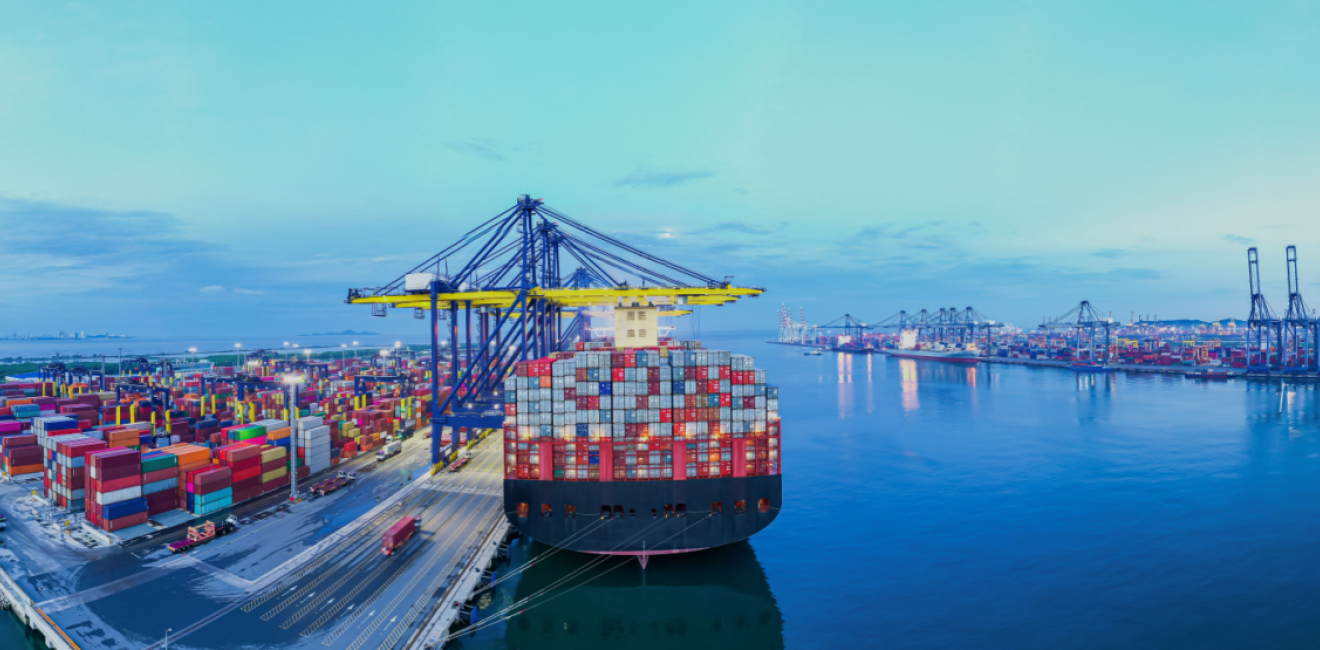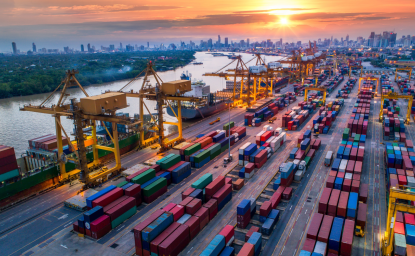There are international infrastructure projects whose benefit is measured not only by a positive development impact on the host country, but also by their impact on global security and supply chain resilience. Seaports and airports are two prime examples. It is important that such investments occur, and that they are supported by the US and/or like-minded partners. Recent steps by the US government that focus on ensuring investments in ports benefit host countries and global security alike should be applauded and expanded.
Infrastructure’s Impact on Commercial Flows
Infrastructure plays an important and growing role in shaping future trade flows. The People’s Republic of China (PRC) dubbed its infrastructure investments as Belt and Road Initiative. As with a belt, it seeks to fasten other economies to its own and ensure that roads, rail lines, and ports lead to the PRC. Japan’s infrastructure support programs, dubbed Free and Open Indo-Pacific, seek to ensure (among other things) that trade from India and Southeast Asia can efficiently move west and east, to and from Japan, not just south and north, to and from the PRC.
As part of its efforts through the G7’s Partnership for Global Infrastructure, the US has begun a focus on transportation corridors that involve ports. The US and the European Union recently collaborated “to develop the Lobito Corridor connecting southern Democratic Republic of the Congo and northwestern Zambia to regional and global trade markets via the Port of Lobito in Angola.” A similar corridor connecting India to Europe through the Middle East was endorsed at the recent G20 meeting. Both should be applauded, yet it is unclear whether these projects represent a cohesive US strategy to preserve free and open global commercial flows.
Considering Potential Risks of Port Ownership
To date, the PRC has 92 port projects outside China with Chinese investment, 10 of which have majority Chinese ownership (where there is the physical potential for use as a naval port). The PRC already has a base in Djibouti and has set its sights on Equatorial Guinea. The China Military Power Report notes that the PRC probably has also considered adding military logistics facilities in 19 countries.
Foreign ownership of ports by rivals raises security concerns. Yet military bases are only one concern. Seaport ownership by rivals can accentuate concern about submarine communications cables that are vital to maintaining modern day commerce. The last mile of the cable and its landing station (the most vulnerable parts) are often located near seaports.
The risk inherent in the PRC controlling ports on both ends of the Panama Canal raises concerns about possible disruptions to free and open commerce. It must be a priority to ensure that the channels of transportation and the sea- and air- ports through which commerce flows cannot be manipulated to a country’s disadvantage (or advantage, depending on the actor) or disrupted during periods of heightened geopolitical tension. Potential chokepoints are particularly important.
Reflecting these risks, the 2020 National Defense Strategy highlighted the need to not only secure domestic critical infrastructure essential to any required mobilizations, but also those of allied and partner nations.
In an effort to consider these risks, the State Department’s Bureau of Economic and Business Affairs established a Strategic Ports Initiative to “safeguard seaports from opaque economic activity, which threatens host country sovereignty or U.S. global interests.” They are monitoring risks that include “irresponsible lending [and] abusing commercial arrangements at host country ports to support military functions.” They seek to help “strengthen investment screening regimes of key partners to protect partners from malign actors because seaports, by virtue of their economic weight and security implications, are frequently the target of strategic investments from malign actors.” It is important that such an effort comprehensively consider risks and has the ability to activate partners with robust authorities to help respond to identified concerns.
DFC’s Support of International Ports
One important partner is the US International Development Finance Corporation (DFC). The DFC was created to do a better job of reducing poverty and also to address “areas that are critical to our national security [and to] compete with Chinese influence in the developing world.” When Congress replaced the Overseas Private Investment Corporation with the DFC in 2018 and gave it more tools, they were motivated by concerns about the PRC’s then five-year-old Belt and Road Initiative, including its Maritime Silk Road. Earlier that year, the PRC leveraged Sri Lanka’s inability to repay its loan to gain a 99-year lease on a port that was “a strategic foothold along a critical commercial and miliary waterway.” Five years later, the actions by the DFC to support critical ports, including in Sri Lanka, reflect the DFC delivering on its promise.
As it approaches time for its reauthorization, the important steps it is taking in securing ports is just one of the reasons its mandate should be extended, but further steps are necessary to strengthen the DFC.
Partnering with Allies
It is not surprising that DFC’s partner in Sri Lanka was not an American company, but India’s Adani Ports. None of the world’s top 10 shippers or top 10 seaport operators are American. DFC also provided support of the Yilport Terminal to expand and upgrade port infrastructure in Ecuador. Given the strategic nature of such investments, it is important that the DFC can partner with companies from allied and partner nations. Yet to be responsive to competing for keeping a priority port in neutral or friendly hands, the DFC needs to build bridges to additional potential commercial partners, since it cannot act without one.
Last week the administration directed the Department of Homeland Security to launch a new Supply Chain Resilience Center with a near-term priority of “addressing supply chain risks resulting from threats and vulnerabilities inside US ports.” Hopefully its review with also include international ports upon with the resilience of supply chains depends.
Multiple streams of effort by the government are addressing the many risks inherent in ownership of international ports by rival nations. In the contest with the PRC over control in maritime chokeholds and ports of strategic importance, the US comes to the task years behind. Success will require a long-term strategy and a dedicated effort. It is essential that the many efforts are conducted in a coordinated manner that identifies which ports are important to keep in neutral or friendly hands, and the capabilities to effectively compete to ensure that result can be achieved.
Author
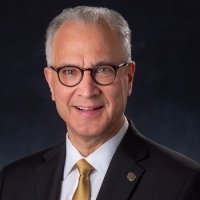

Wahba Institute for Strategic Competition
The Wahba Institute for Strategic Competition works to shape conversations and inspire meaningful action to strengthen technology, trade, infrastructure, and energy as part of American economic and global leadership that benefits the nation and the world. Read more

Explore More
Browse Insights & Analysis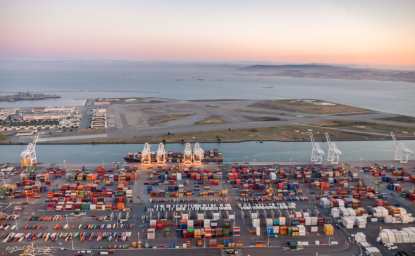
Strengthening Competitiveness by Investing in Maritime Transportation
